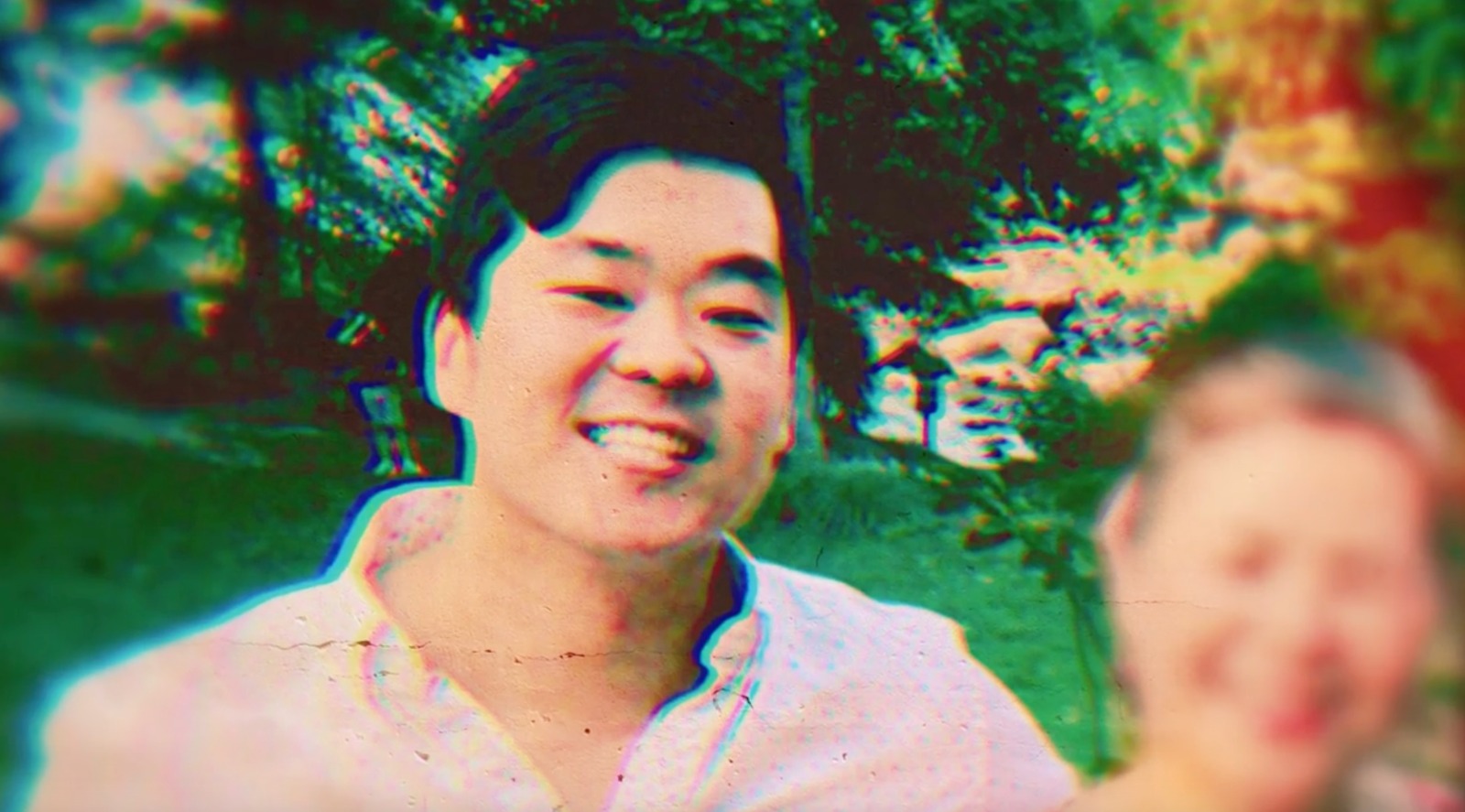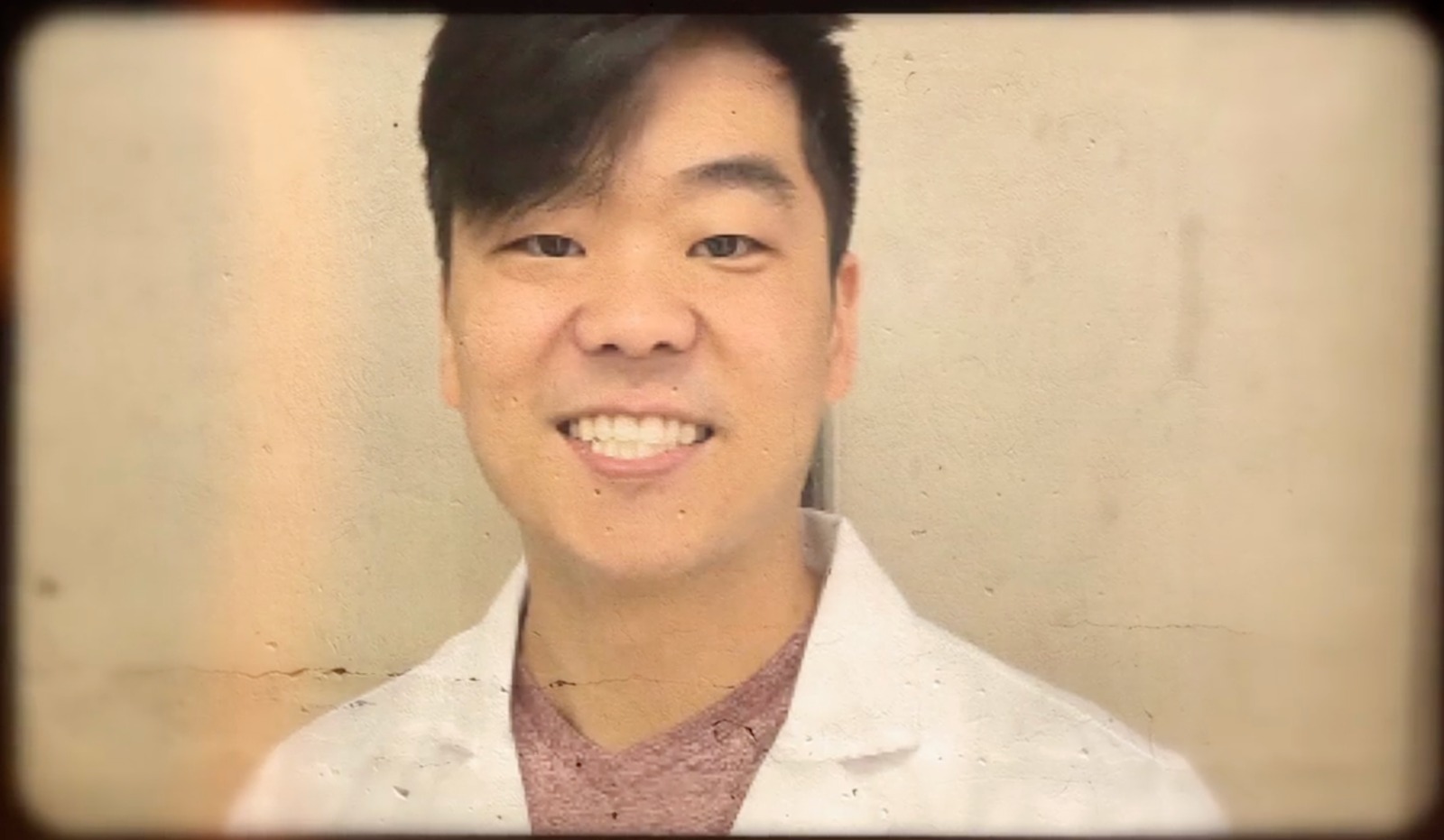Investigation Discovery’s ‘Homicide Hunter: American Detective: Drugstore Cowboy’ attempts to untangle the perplexing mystery surrounding the murder of 43-year-old Franklin Yuen in Huntington Beach, California, in January 1989. The investigators had to follow old-school tedious police work before they arrested the perpetrator finally with the help of another convict.
How Did Franklin Yuen Die?
Franklin Yuen was a Chinese national who immigrated to Los Angeles, California, in the 1980s. He was a hardworking individual who owned a chain of pharmaceutical stores in Los Angeles County. Franklin was benevolent and kind and wanted to help his community in whatever way he could. He had one medical store in Carson – a city populated by other immigrants from his community. Due to his compassionate nature, Franklin became a noted and beloved member of his community.

On January 31, 1989, the 43-year-old had just returned to his Huntington Beach residence after closing his store. While his wife and kids were inside the house, he had gone to the garage to fetch some boxes. They suddenly heard a gunshot and rushed to find Franklin lying dead. The panicked family members contacted the police, and the investigators found his body with a gunshot wound to the heart. The officers deduced the murder weapon was a revolver because of the absence of shell casings in the vicinity.
According to the show, most people in 1989 possessed revolvers where shell casings were retained inside the gun. However, the medical examiner found the bullet lodged inside the body, and the officers learned Franklin was shot dead with a .357 magnum revolver. The investigators had also located a silver suitcase filled with cash at the crime scene. Retired Detective Dale Mason of Huntington Beach Police Department recounted an estimated $30000 in the bag.
Who Killed Franklin Yuen?
The presence of so much cash in Franklin’s possession made the investigators initially hypothesize whether he was involved in shady business. As a pharmaceutical store owner, he had the license to buy all sorts of drugs. Albeit, a quick interview with Franklin’s wife quickly vaporized that theory. She told the detectives he used to help the members of his community to cash their paychecks at the end of the month since most of them lacked formal knowledge of the banking system.
Since it was the month’s end, the officers understood Franklin carried that amount of cash due to the paychecks he had encashed to hand over the following day. The mourning widow informed the detectives about how she had pursued Franklin to hire security guards for protection since he carried around so much cash. According to the show, the pharmaceutical owner hired licensed security guards but did not go through an agency. He had instructed the guards to follow him home to a certain point close to his residence before they turned away.
Franklin was very strict about his bodyguards not following him to his home since he did not want them to know his residence address. The investigators pursued the bodyguard angle and interviewed Lester Hicks, one of Franklin’s bodyguards, at the victim’s store. Lester informed them about Danny Mosely, who had been Franklin’s right-hand man for the past few months. However, the detectives learned from Lester that Danny had recently planned to rob his employer.
Intrigued by the news, the investigators looked Danny up in their system to discover he was incarcerated in a federal prison in Los Angeles. A quick chat with the field officer ruled Danny out as a suspect since he was in custody on the night of the murder. Eventually, the police learned that he ran a stick-up crew and was arrested for masterminding several robberies. The federal officers informed the detectives that Danny was a “tough nut to crack” and would never cooperate with them.
The officers still met with Danny in prison and planted a “seed of fear,” accusing him of being an accomplice and telling him they were aware of his involvement in Franklin’s murder. As the detectives waited patiently, a panicked Danny contacted an acquaintance named Gerald Jennings around two weeks later, asking him to get rid of something. The police had recordings of their conversation and quickly tracked down Gerald with the help of prison visitation records.
Gerald was detained with Danny’s gun – a .357 magnum – and brought to the station for questioning. Surprisingly, the ballistics report showed Danny’s gun was not used for Franklin’s murder. But Gerald, who had no prior criminal record, quickly succumbed under pressure and told the detectives he was friends with Danny. He claimed Danny bragged to him about the robberies he committed with his gang, including the Queen Mary and the Credit Union at the Long Beach Naval shipyard.
Gerald told the police he knew one of the gang members by his name – one Michael Benicio, who had recently shifted to Cleveland, Ohio. The detectives contacted the Cleveland authorities to learn Michael had been arrested there on robbery charges. He had made bail, yet it was posted by his parents mortgaging their house. Since running would mean his parents losing their residence, Michael cooperated with the Huntington Beach Police Department’s officers, hoping it would lead to a reduced sentence.
Where is Willey Hall Now?
Michael was in Cleveland on the night of the murder and informed the officers he used to own a .357 magnum. Nevertheless, he did not want to cross state lines with a weapon and had given the gun to a confederate named Willey Rome Lenton Hall. The officers arranged to bring Michael back to California with them and had him set up a meeting with Willey. In addition, Michael reminded Willey to get his gun to the appointment. The officers had Michael drive a car fitted with recording equipment and heavily monitored the rendezvous spot.
Willey reminisced about the old days with Michael before admitting he had financial problems since Danny was in prison. With no more robbery jobs, he decided to burglarize Franklin as he heard the latter carried cash around. He noted Franklin’s vehicle number plate and called in a favor from a girl who worked in police dispatch. He told the girl about a fake sob story of a hit and run and obtained Franklin’s residence address.
Willey also told Michael how he waited for Franklin outside his residence but shot him in panic. He fled the spot upon hearing the voices of his family members, failing to take the suitcase full of money with him. The police had the whole confession on record, and Willey was found guilty of the murder and sentenced to life without the possibility of parole in 1992. According to official court records, the 60-year-old is serving his sentence at the California Medical Facility, Vacaville.
Read More: Who Were William George Davis’ Victims? Where is He Now?


You must be logged in to post a comment.